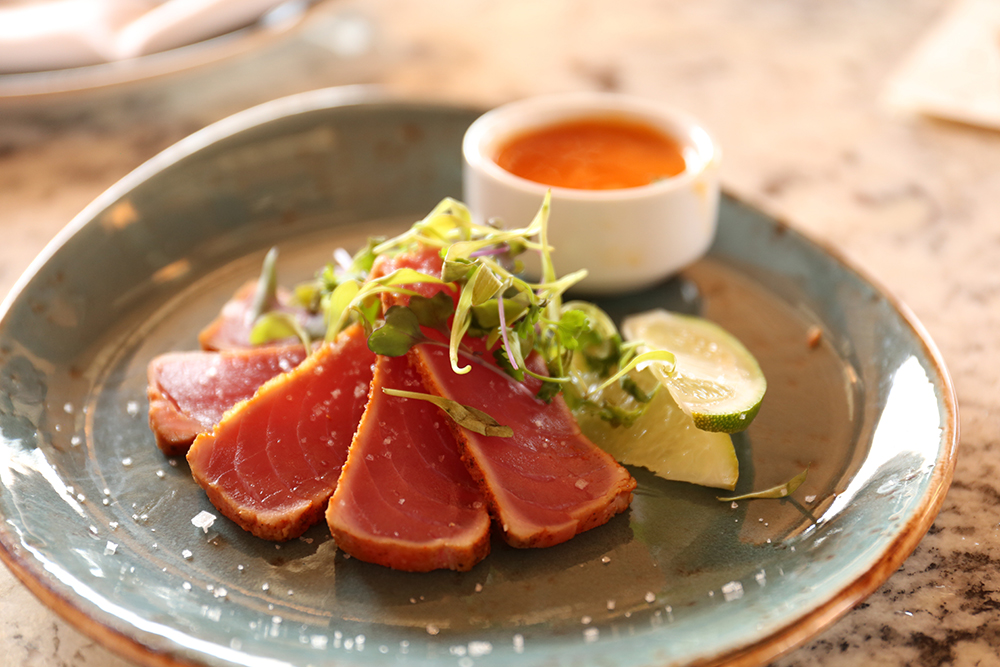
New Delhi: The Covid-19 vaccines made by Pfizer-BioNTech and Moderna trigger a persistent immune reaction in the body that may protect against the virus for years, scientists reported Monday.
They also found evidence that most people immunised with the mRNA vaccines, such as Pfizer and Moderna, may not require booster shots, until or unless the virus and its variants do not evolve much beyond their current forms, which does not seem to be the scenario so far.
The findings, published in the journal Nature, further noted that people who recovered from Covid-19 before being vaccinated may not need boosters even if the virus does evolve and make a significant transformation.
Its a good sign for how durable our immunity is from this vaccine, Ali Ellebedy, an immunologist at Washington University in St. Louis, who led the study, said.
The study, however, did not examine the vaccines made by Johnson & Johnson, a viral vector Covid-19 vaccine, which is said to have produced a less lasting immune response than mRNA vaccines.
Also read:Mixing Astra and Pfizer shots creates strong immune response, Oxford study shows
How the study was conducted
For the study, Dr. Ellebedy and his colleagues recruited 41 people who were immunised with two doses of the Pfizer-BioNTech vaccine. Among these, eight participants were earlier infected with Covid-19.
They extracted samples from the lymph nodes from 14 individuals, after the third, fourth, fifth, seventh, and 15th week of their first dose.
The team discovered that even 15 weeks after the first dose of the vaccine, the germinal center was still highly active in all 14 of the participants, which meant that the number of memory cells that detected the coronavirus had not reduced.
The fact that the reactions continued for almost four months after vaccination thats a very, very good sign, Dr. Ellebedy said.
Germinal centers usually peak one to two weeks after vaccination and then weaken.
Usually by four to six weeks, theres not much left. But germinal centers stimulated by the mRNA vaccines are still going, months into it, and not a lot of decline in most people, Deepta Bhattacharya, an immunologist at the University of Arizona has been quoted as saying in the NYT.
Everyone always focuses on the virus evolving this is showing that the B cells are doing the same thing. And its going to be protective against ongoing evolution of the virus, which is really encouraging, said Marion Pepper, an immunologist at the University of Washington in Seattle.
What led to the study
Earlier, Dr. Ellebedy and his team observed that people who have recovered from the disease will produce long-lived bone marrow plasma cells, which can detect the virus and may churn out antibodies whenever needed.
Another study, published on BioRxiv, a site for biology research, found that these so-called memory B cells continue to mature and strengthen for at least a year after the initial infection.
The two findings concluded that immunity against Covid-19 in people who have recovered from the infection and later vaccinated may last for years or even a lifetime, but there were still doubts about whether vaccination alone might have a similarly long-lasting effect.
This prompted Dr. Ellebedy and his team to carry out this trial, where they studied the source of memory cells: the lymph nodes, where immune cells are trained to recognise and fight the virus.
Also read:In a first, rare blood clot case linked to Moderna mRNA vaccine reported in US
Subscribe to our channels on YouTube & Telegram
Why news media is in crisis & How you can fix it
India needs free, fair, non-hyphenated and questioning journalism even more as it faces multiple crises.
But the news media is in a crisis of its own. There have been brutal layoffs and pay-cuts. The best of journalism is shrinking, yielding to crude prime-time spectacle.
ThePrint has the finest young reporters, columnists and editors working for it. Sustaining journalism of this quality needs smart and thinking people like you to pay for it. Whether you live in India or overseas, you can do it here.
Support Our Journalism

 Subscribe to The Daily Telegraph to get unrestricted digital access, home paper delivery, Apps for iPad and Android, member only +Rewards and much more…
Subscribe to The Daily Telegraph to get unrestricted digital access, home paper delivery, Apps for iPad and Android, member only +Rewards and much more…  Do you compost or buy second hand?
Do you compost or buy second hand?  The Newsreader review: Exhilirating Australian prestige drama
The Newsreader review: Exhilirating Australian prestige drama  Local shares fell on Friday as investors make last-minute adjustments to their portfolios ahead of the main index’s rebalancing, while unease over rising infections grows.
Local shares fell on Friday as investors make last-minute adjustments to their portfolios ahead of the main index’s rebalancing, while unease over rising infections grows. 


